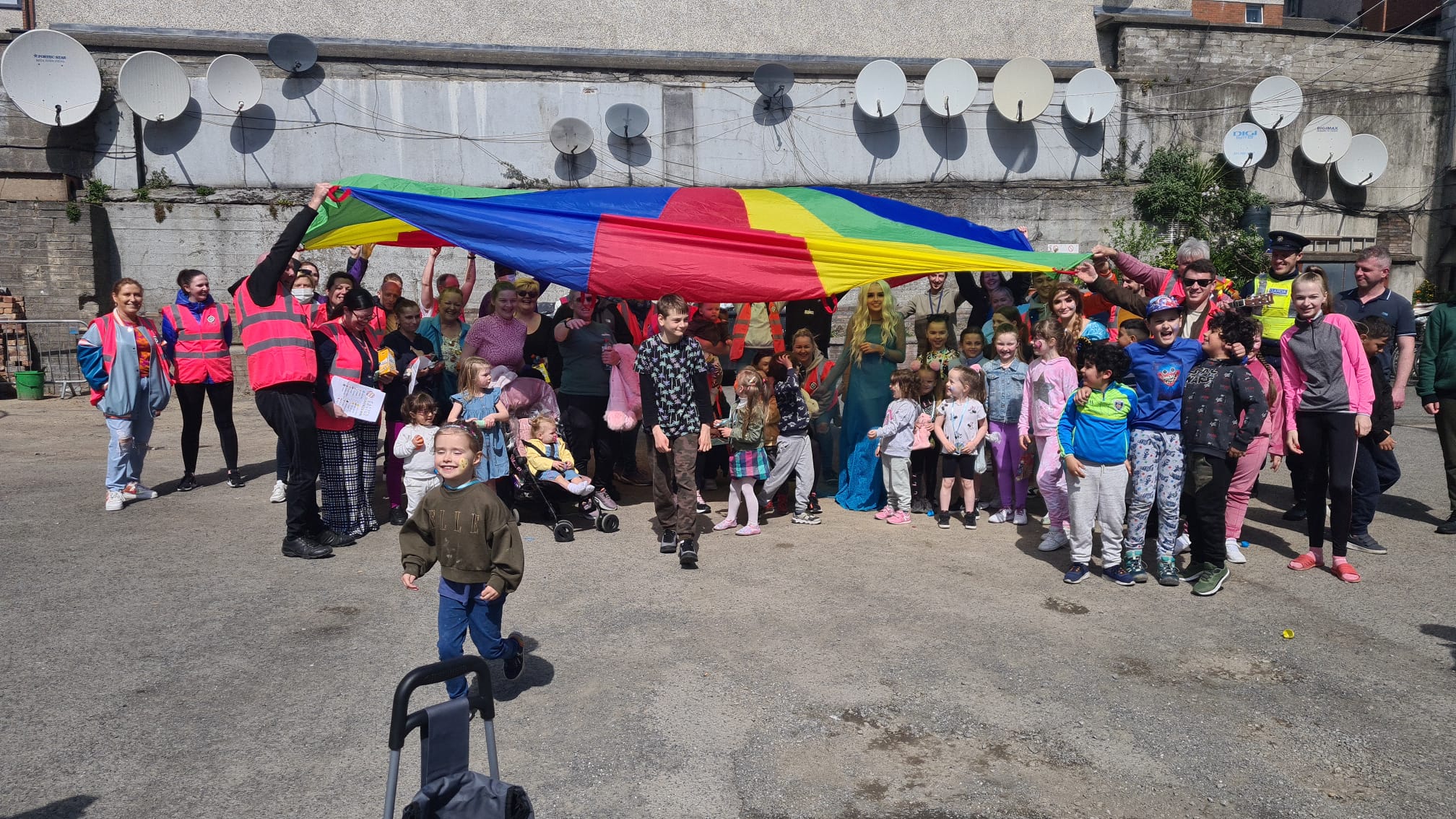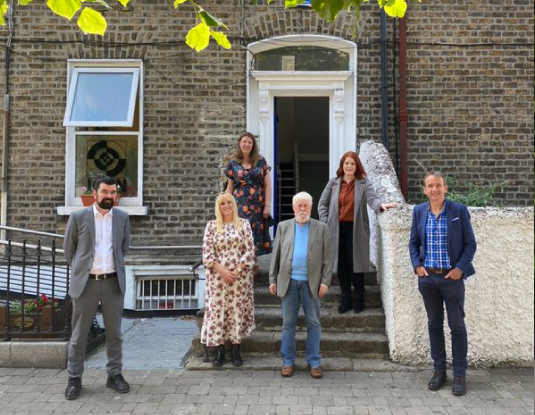ICON Community Development Project
Responding to issues experienced by women in the Private Rented Sector

ICON is a community network that is based in the north east inner city area, committed to fighting against disadvantage and ensuring that the voice of the community is heard.
ICON is a voluntary organisation made up of community projects, local tenant’s groups, as well as individuals working and living in the area. ICON seeks to ensure the community has an active role in local developments and access to support, training, education and employment.
While the focus of the CDP work remains on addressing women and housing the work has developed to include issues identified by the community – Child & Human Trafficking, Autism and Additional Needs and Climate Justice.
A member of the CDP Network...
ICON works from a community development and rights based approach and all our work is centered on this basis.
ICON is involved in a range of community development projects where we engage with people to develop responses to identiifed problems.
Within the Northeast Inner City there is a large amount of very poor quality (and expensive) private rented accommodation. The ICON Community Development Project will focus on women and the right to adequate housing in the private rented sector in the northeast inner city. Women’s experiences of housing are different from those of men. This includes women’s pathways into and out of homelessness, interactions with housing services, and access to affordable and adequate housing standards, including the private market.
Access to affordable and adequate housing is profoundly gendered and intimately linked to women’s poverty. Women’s disadvantaged position in the labour market, including part-time, precarious and/or low-paid employment and unpaid care work, has a direct impact on their housing. Market-dominated housing policies tend to disadvantage women, particularly female-led households. Closely linked to the gender pay gap, there is a gender property gap in terms of women’s ability to rent and buy homes, and the proportion of women’s income spent on rent. On average, women have lower incomes and less capital than men, and are therefore more likely to be renters or in less advantageous housing circumstances on the private market.
This project is community based and community led. It aims to work with marginalised women using a community development approach that will empower collaboration and seek to address the issue of housing in the private rented sector in the area.
Using a community development approach, the project will continue to:
- Access women living in rented accommodation in the NEIC with a focus on women in poor quality housing and in receipt of rent supplement/ Housing Assistance Payment (HAP)
- Develop a grassroots campaign for the right to housing led by women in the NEIC
- To inform women of their rights in private rented accommodation and landlord obligations
- Explore common issues/struggles faced by women in private rented accommodation
- Build a community of support for women facing housing struggles in the NEIC
- Develop peer led research into housing needs/issues facing women in the private rented sector
- Provide training on a range of issues in private rented accommodation

